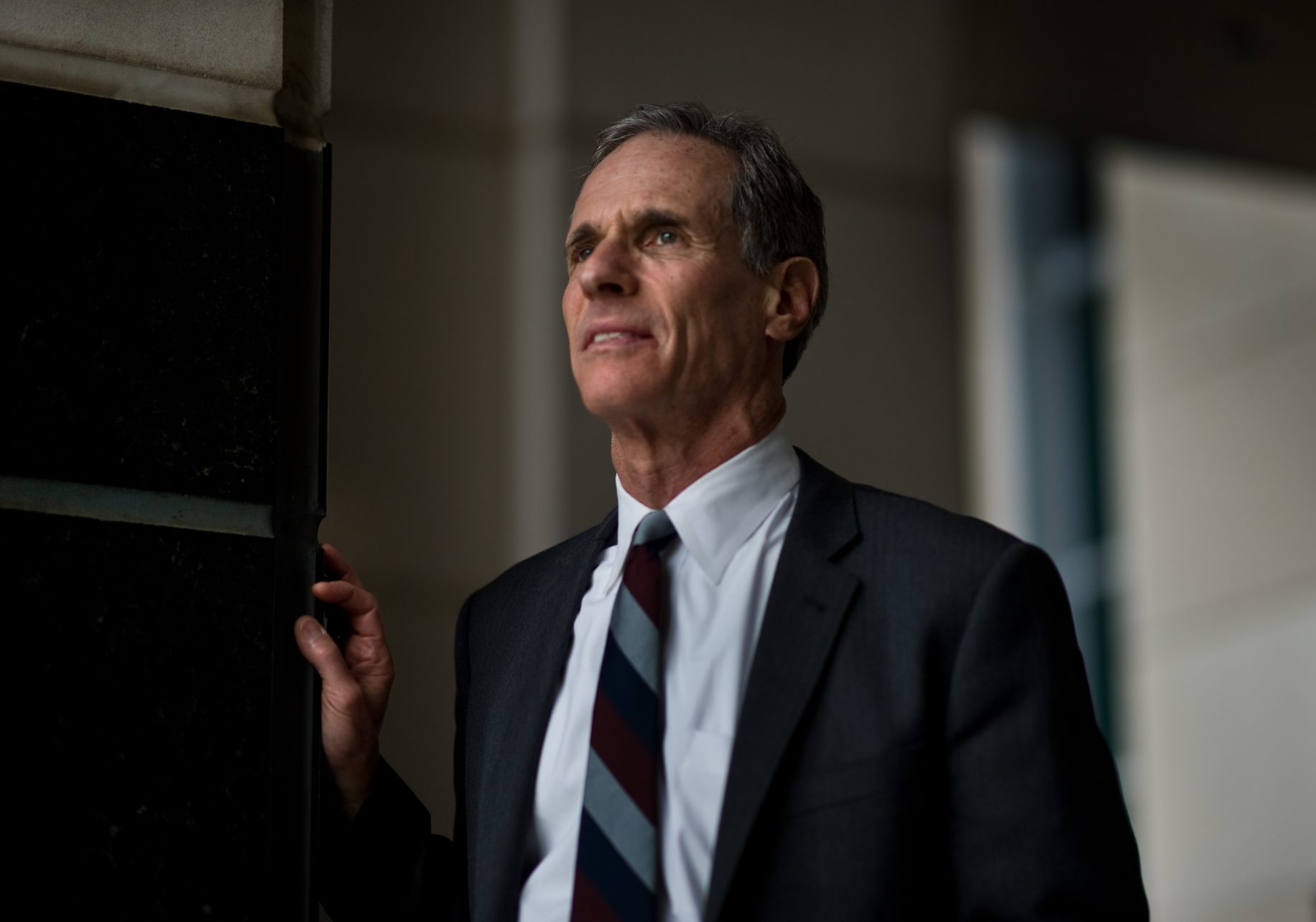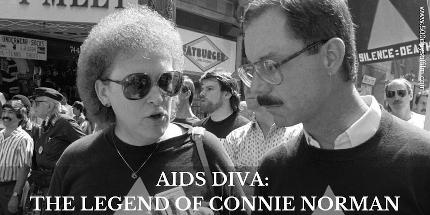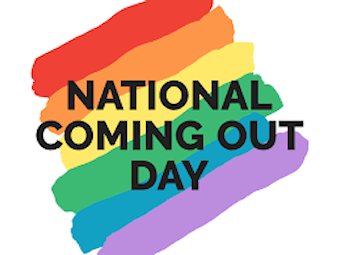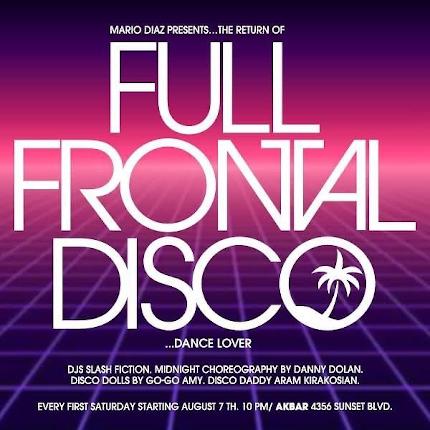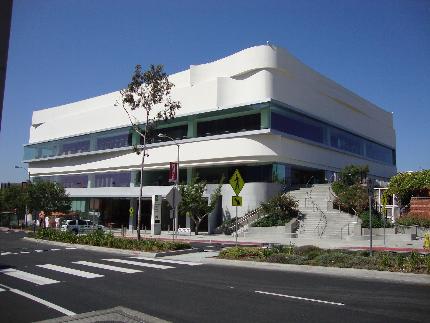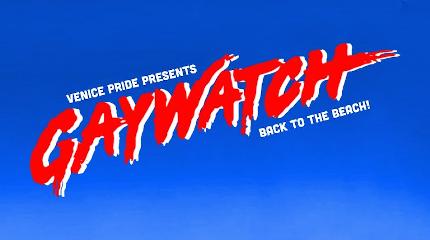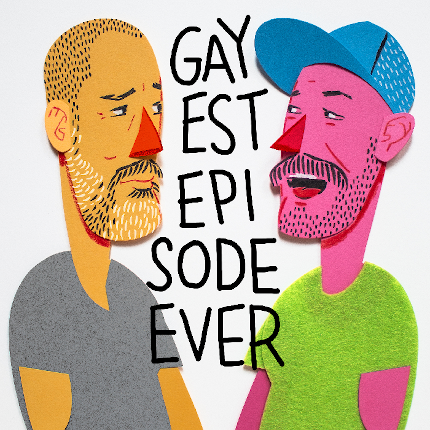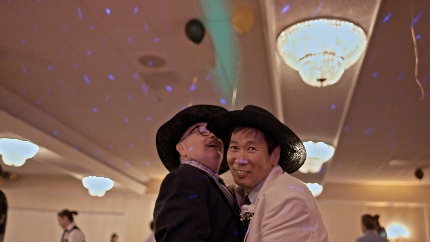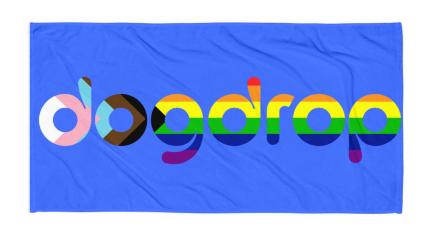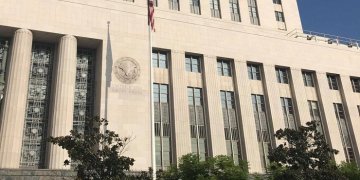
BY KAREN OCAMB | When he retired from his long career as a Republican political operative in 2004, Fred Karger worried that he had not yet made his mark. Ironically, it was his effort to save the gay Boom Boom Room bar that changed Karger’s life—starting with coming out at age 54, guided by Laguna Beach Mayor Bob Gentry, the nation’s first openly gay mayor.
When the anti-gay Prop. 8 pounded on his psyche in 2008, Karger realized he could contribute his expertise in the dark art of opposition research. He wanted to “make it socially unacceptable to give massive amounts of money to take away the rights of a minority,” he told gay reporters. He launched a boycott of the San Diego-based Manchester Grand Hyatt Hotel after discovering that owner Doug Manchester contributed $125,000 to get Prop 8 on the ballot. In coalition with UNITE HERE Local 30, the boycott cost Manchester $7 million in the first eight months.
Karger created Californians Against Hate to scrutinize contributions to the Yes on 8 campaign. After he revealed his discovery of a pattern of Mormon donors, Wall Street Journal Mark Schoofs reported on a Mormon conference call where the out journalist heard orders for Mormons to give $25,000 to theProtectMarriage.com campaign. Karger’s endeavor led to tips from disaffected Mormons, such as documentation revealing that the Church of Latter Day Saints had been deeply involved since 1995 with anti-gay marriage efforts—including drafting and passing Prop 22 in 2000.
Karger filed a formal complaint with the California FAIR Political Practices Commission, which found the church guilty of violating 13 financial disclosure laws; LDS paid a fine. Karger filed a similar complaint against LDS coalition partner, the National Organization of Marriage, for hiding their contributors to the anti-marriage equality campaign in Maine. He turned over all his research to the Human Rights Campaign for what became the “NOM Exposed” website.
It was during the Prop 8 fight that Karger first thought about running for the Republican nomination for president. “I’ve always been a frustrated candidate, but I knew I could never run for office because I was gay and I was not out,” Karger said.
Karger was certainly out after Prop 8. And he was motivated by the prospect of Mormon Mitt Romney becoming president in 2012. He feared Romney’s obedience to the LDS Church would supersede his allegiance to the country. Launching his “Fred Who?” campaign in 2011 with local and national press, Karger positioned himself as the “anti-Romney” choice for the Republican nomination. He campaigned vigorously in Iowa and New Hampshire, targeting college students in particular, and delighted in capturing 137 more votes than anti-gay Rep. Michele Bachmann in the New Hampshire primary. But while he met state party criteria, he could not get on the debate stage to get his moderate, inclusive positions heard, effectively squelching his campaign.
Karger made his mark, bringing LGBT issues to a Republican presidential contest. “I want to make a difference—that was my reason for becoming an activist—because I had a terrible struggle growing up,” Karger says. “I want to make it easier for younger people.”

